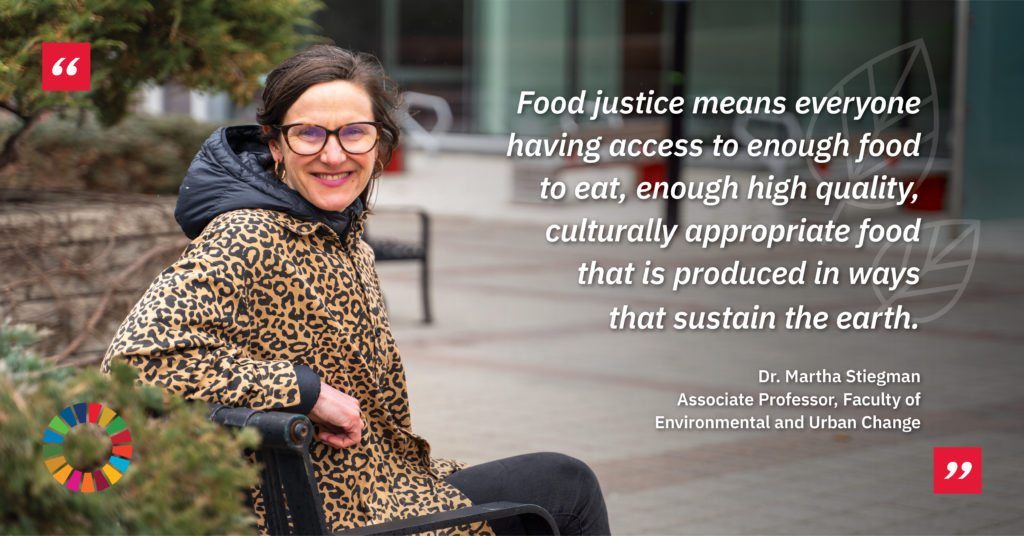
“After my undergrad I worked as a community organizer where I ran a network of collective gardens in Montreal in partnership with local food banks and other community resources. Part of that work was about building community and ensuring people had enough fresh, high quality, and culturally appropriate foods to eat. A lot of that process was about building empowering community networks and ways for people to become active advocating for their rights.
From there I started asking questions about whose land I was on and what it meant to work towards building food sovereignty on stolen Indigenous land. Over the last 20 years that has been my focus. Discovering what it means to be a settler on stolen land, what it means to be a treaty person, what it means to be a treaty partner. What are my obligations and responsibilities to the Indigenous hosts where I live and also to the land that grounds those treaty relations?
In that past five years I’ve been collaborating with the Taking Treaties project at Jumblies Theatre + Arts – using the arts to explore what it means to be a Treaty person in Toronto – on Wendat land, Haudenosaunee land, Anishinaabe land, lands that are subject to a network of treaties, treaties that ground our ability to be here and leave us with responsibilities and obligations. Obligations not only to work towards decolonization but also to respect the spirit and intent of those agreements and hold our governments to account, because they are commitments and promises that have not been honoured, to say the least. We have a book that’s coming out in May called A Treaty Guide for Torontonians. It explores what it means to be a treaty person in Toronto, walking through the history of treaty making here, using the arts to explore how we embody those relationships.
I want my students to think of systems of power – racial capitalism and settler colonialism – not just as abstract forces that exist out there, away from us. These are forces that shape the world we live in, they affect the way power is distributed, the way we understand ourselves, they affect the way we are in community with each other, and our identities. Food is an incredible way to make all that tangible. It is our most intimate engagement with the earth, it’s something that defines our identities and cultures, we gather around it. The industrial food system has been shaped by capitalism, by colonialism, it connects us to those systems of power every day. If you ask someone, how do you build your cultural identity through food, where do you come from, what are your tangible connects to power? It’s a very rich place to begin exploring those questions from.
Food justice means everyone having access to enough food to eat, enough high quality, culturally appropriate food that has been produced in ways that sustain the earth. It’s about dismantling the systems of power that have created our unjust food system, and our society. Food insecurity in Canada is deeply racialized. Black and Indigenous communities experience food injustice at much higher rates, 11.1% of white Canadian’s are food insecure where as 28.9% of Black Canadian’s are food insecure. There’s an element of racism and decolonization that is important when you think about food justice. There’s strength and there’s power in community and in numbers.
There are ways to get involved and organizations doing great things, like Black Creek Community Farms, Food Share and The Stop. Yes, there are conventional food banks, which are necessary, but they are band-aid solutions to a deeply structural issue. So while we’re working to dismantle systems of power and create food justice, we need that band-aid. But, after you drop food off at the local food bank, call your local representatives and tell them that we need a stronger minimum wage, a universal basic income, transformative reconciliation with Indigenous peoples. Tell them that food is a right, not a commodity, and that we need to change our systems to reflect that.”
Martha Stiegman is an assistant professor of white settler heritage in the Faculty of Environmental and Urban Change at York University. Her community-based research and collaborative video work examine Indigenous-settler treaty relations in their historical and contemporary manifestations, with particular attention to food sovereignties and justice.
